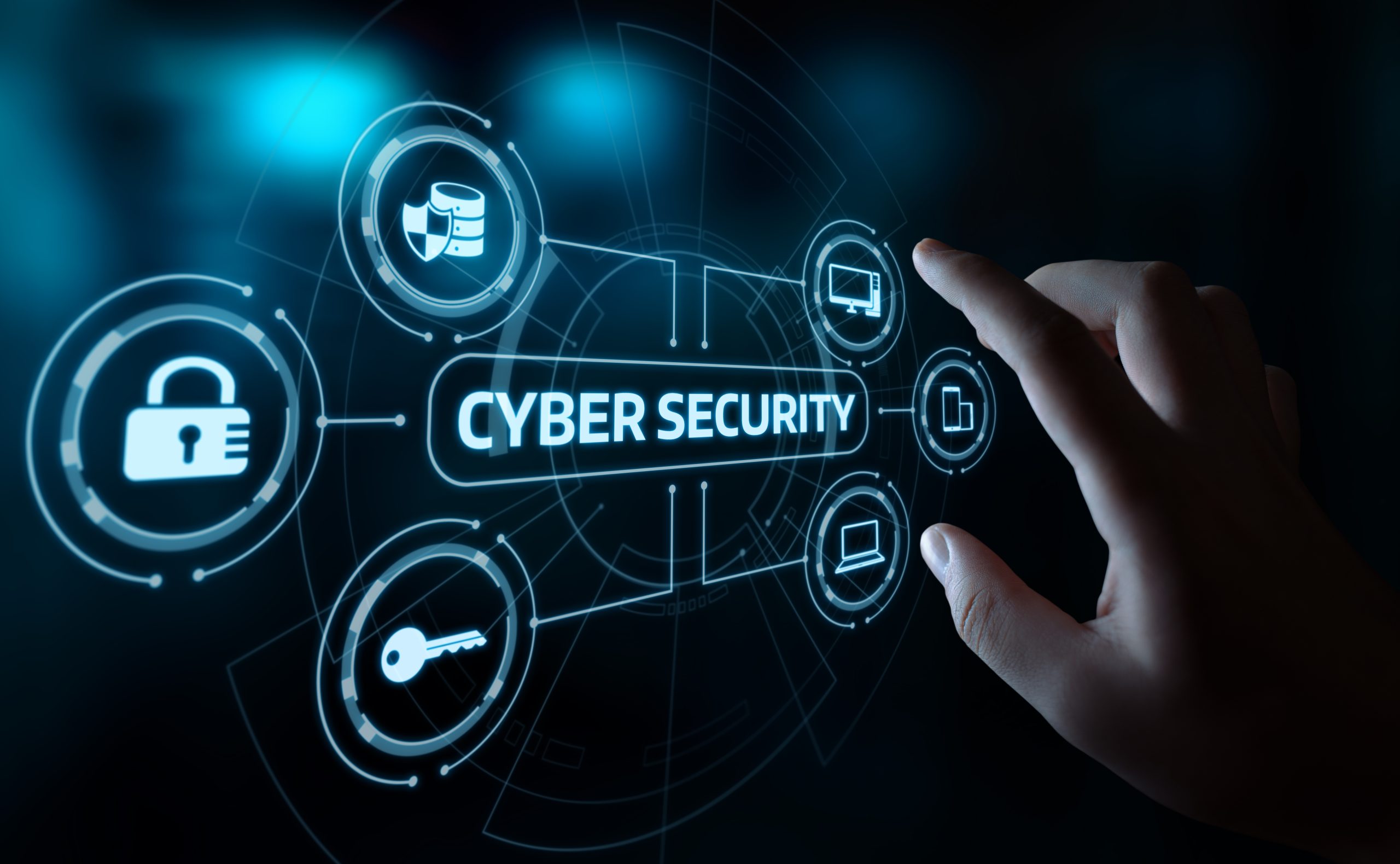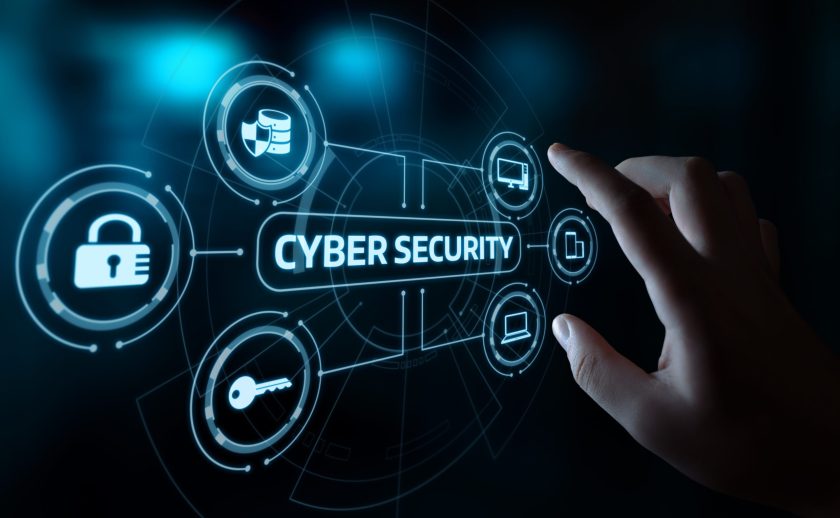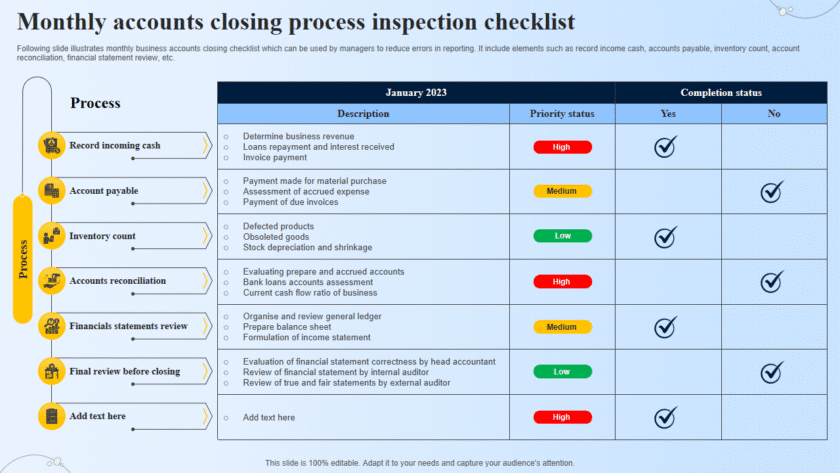Beginner’s Guide to Starting a Career in Cybersecurity (2025 Edition)
📅 Updated June 2025 | By SKOC Global
📖 Introduction
Cybersecurity is one of the fastest-growing ICT fields in the world. As cyberattacks become more common in Nigeria and beyond, businesses, banks, and governments need skilled defenders.
Whether you’re a student, NYSC member, or career switcher, this beginner’s guide will help you start your journey into cybersecurity — step by step.
🔐 What Is Cybersecurity?
Cybersecurity is the practice of protecting systems, networks, and data from attacks, damage, or unauthorized access.
This includes:
- 🔒 Securing websites & servers
- 🔍 Detecting hackers or malware
- 🛡️ Testing systems for weaknesses (ethical hacking)
🎯 Why Choose Cybersecurity in 2025?
✅ High demand globally — even entry-level jobs pay well
✅ Work remotely or on-site
✅ Make real impact by stopping cybercrime
✅ Opportunities in every sector (banks, schools, fintech, oil & gas)
According to industry reports, 3.5 million cybersecurity jobs are unfilled worldwide — and many companies now hire remotely from Africa.
🛠️ Step-by-Step Roadmap to Begin Your Cybersecurity Career
✅ 1. Understand the Basics
Start by learning:
- What cyber threats are (e.g., phishing, malware, DDoS)
- How the internet and networks work
- Basic security principles
📚 Free beginner resources:
✅ 2. Learn Networking and Operating Systems
You need to understand how computers and networks communicate.
Focus on:
- 🌐 TCP/IP, DNS, firewalls, routing
- 🖥️ Windows and Linux administration
- 🔧 Command-line tools (like
ping,netstat,nmap,traceroute)
📘 Recommended:
- CompTIA Network+ (for networking)
- Learn basic Linux commands (Kali Linux is popular in security)
✅ 3. Choose Your Cybersecurity Path
Cybersecurity has many specializations. Common entry-level roles include:
| Role | What You’ll Do |
|---|---|
| 🕵️♂️ SOC Analyst | Monitor threats & alerts |
| 🔍 Penetration Tester | Ethically hack systems |
| 🧠 Security Researcher | Analyze malware and exploits |
| 🔧 IT Security Support | Help secure devices/networks |
👉 As a beginner, start with SOC analyst or IT security support.
✅ 4. Get Hands-On Practice
You can’t become a cybersecurity pro by theory alone. Practice is key.
Where to practice:
- 🔐 TryHackMe – beginner-friendly labs
- 🐍 Hack The Box – real-world hacking challenges
- 🧪 Set up a home lab (Kali Linux, VMs, firewalls, etc.)
✅ 5. Earn Beginner Certifications
Certifications prove your skills and boost your chances of getting hired.
Start with:
- 🎓 CompTIA Security+ (best entry-level cert)
- 🎓 Google Cybersecurity Certificate (on Coursera)
- 🎓 Cisco CyberOps Associate
- 🎓 EC-Council’s CEH (Certified Ethical Hacker) (for hacking careers)
🛑 Pro Tip: Don’t pay for expensive certs immediately. Use free or affordable practice labs first.
✅ 6. Apply for Internships or Remote Roles
Don’t wait till you’re “perfect” — start applying early.
Where to find remote cybersecurity jobs:
- 🌐 Indeed
- 🌐 Remote OK
- 🌐 We Work Remotely
In Nigeria? Apply to:
- Banks (e.g., GTBank, Access, Zenith)
- Telcos (e.g., MTN, Airtel)
- Tech startups, NGOs, schools
🎓 Learn Cybersecurity with SKOC Global
At SKOC Global, we offer:
- ✅ Beginner-friendly cybersecurity training
- ✅ Ethical hacking workshops
- ✅ Help with labs, certifications, and job applications
- ✅ Mentorship from industry experts
📍 Learn from anywhere in Nigeria
👉 Start Cybersecurity Training
✅ Conclusion
Cybersecurity is more than a skill — it’s a career of impact and global opportunity. With the right roadmap, you can go from complete beginner to cyber defender — even working remotely for international companies.
Start small. Practice daily. Never stop learning.






